

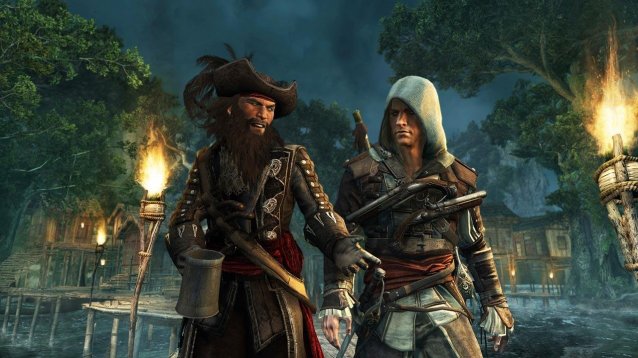
Pirate. Assassin. Two words that, when juxtaposed, evoke feelings of nostalgic childhood ambitions. To the overzealous imagination, a pirate assassin works as a flawless mixture of career choices and vigilante work. Conversely, in the context of a non-satirical video game, the terms can seem somewhat silly. Yet there is little silliness found in the pirate assassin Edward Kenway, the protagonist of Ubisoft's Assassin's Creed IV: Black Flag.
There is only complete and utter bad-assery. And that term stays true throughout the title.
As the latest installment of the Assassin's Creed franchise, Black Flag takes a step in a different direction--a change that is probably going to act as the saving grace for the series. Following the criticism of Assassin's Creed III, some may consider the change a necessary feat to avoid the black hole of repetitive game play, an occurrence that often besets popular and long-running franchises. To be short, Black Flag is the game the series needs to get back on its feet, something that becomes apparent the moment the game begins.
It is 1715, the midst of the Golden Age of Piracy, and a stoic Edward Kenway is aboard a ship bound for an unknown destination. Edward is a charming but brash privateer-turned-pirate with high aspirations and an even higher love for money. While the game also falls back into present-time for brief moments that allow you to play (in first-person) as an enigmatic new character that works for a company called Abstergo Entertainment, the focus of Black Flag remains on Edward himself.
As a character, Edward is difficult to grasp at first. On the surface his actions and motives appear selfishly driven, made with little emotional investment. However, (avoiding spoilers) we soon learn that there is much more behind him. Though sometimes he may act rashly, he is not nearly as annoying as Assassin Creed III's Conner. Unlike Conner, Edward is a leader from the start, taking little bullshit from those around him and using both the Assassin and Templar Orders to his own advantage; Edward's faction, or his "country," was his ship.
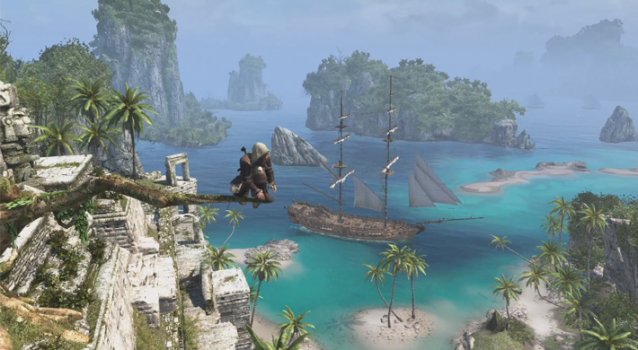
The pace of Edward's development is well written, and though he shows little initial sign of emotion outside of his passion for the plunder, he blossoms into one of the most dynamic characters in the franchise. In fact, many of the characters in the game are both well-written and acted. Some of the game's most simplistic narrative moments ranged from evoking laughter at wise jokes from a merchant named Stede to questioning the creation of democracy and the potential idea behind the morality of piracy. With that said, there are a few points in the story or game play that step out of place. In the beginning, prior to obtaining the hidden blade, Edward still makes finishing kills as if he has them. In Havana, Edward also begins to receive assassination contracts before he encounters the order. Regardless, though a few moments within the main story of the game can feel awkward or unnatural, in its ending it ultimately unfolds into a touching narrative that brings to question the ideas of human perception, identity, purpose, and reason.
Story and pirates aside, Black Flag provides a stunning and dynamic setting. Once the city of Havana is reached and Edward retrieves his ship, the Jackdaw, the world opens up into a truly massive experience. There is a sort-of liberating feeling that occurs when you sit there and watch the waves push the boat up and down as the moon rises behind you and your crew soulfully sings along to the shanties you find around the environment. Similar to previous titles, there are collectables that range from animus fragments, shanties, and chests to treasure maps and messages in bottles, all of which can be located by synchronizing with the viewpoints. This time around, however (and much to the relief of my OCD mind), the collectable items are far less overwhelming in number.
Yet, given the game's size, there is still plenty to collect and plunder. Chests and shipwrecks lay at the bottom of the ocean waiting to be explored. Sharks and whales create points for harpooning missions where you can collect supplies for crafting your own items. These collectables can be used for crafting things like armor bonuses or gun harnesses, and can even be used for upgrades on the Jackdaw itself. There are a multitude of ways to get supplies for crafting and upgrades, ranging from hunting wildlife to pillaging other ships. There are also forts that can be captured, which results in a fun naval battle accompanied by land combat with the goal of killing the fort's main officer. Once a fort is taken, a black flag is raised and it becomes a part of your territory. There are also small islands dotting the map that can be explored for profit or pleasure. In fact, most things in this game can be explored. You can literally park (or weigh anchor, yarr) the Jackdaw in the middle of the ocean and Michael Phelps your way in whatever direction you see fit. The frontier of Assassin's Creed III was supposed to add a level of freedom to the game, but Black Flag takes that idea to an entire different level. All this is to say... you will never be bereft of things to do. And this time these "things" involve far more entertaining tasks than gathering feathers or pick pocketing some wealthy priests; though collecting the fragments and chests can still feel like a chore at times... and then there are those reoccurring eavesdropping missions scattered throughout the main story,
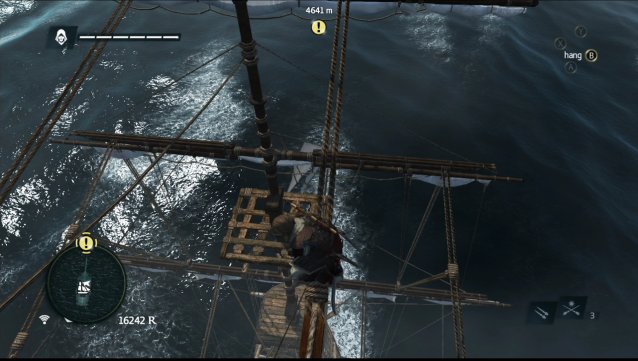
At the start of the game we are given a brief flashback of Edward's life in Wales and England, but then are immediately thrown into an array of cannon fire, rogue waves, and water spouts. As ambitious as the introduction may be, it shows the capability and reach of the Black Flag's atmosphere, a key asset to bringing the Caribbean setting to life. As Edward makes his escape, waves begin to swell over the hull of the ship and the crew on board frantically prepares for the oncoming storm. A massive lightning strike hits a nearby enemy ship, immediately setting it aflame and splitting it in half. Rogue waves, which are essentially massive walls of water, prove to be especially terrifying as they cannot be outrun--rather Edward must sail directly into them in order to take the least damage possible. At PAX I remember game director, Ashraf Ismial, warning me to never set sail during these storms... and I now know why.
It's important to note that these storms don't just take place at the beginning of the game or in different parts of the narrative, rather they are part of the dynamic environment; they can occur anywhere at any time. Similarly, there are bouts of fog or wind gusts that can actually be used strategically in naval combat, which makes up a massive portion of the game.
In Black Flag, the Edward's ship Jackdaw is a character in it itself. While it is fun to just take it for a leisurely Sunday afternoon drive, it shines in strategic naval combat. Given the emphasis on the naval aspects within the game, it is a no-brainer as to why there is so much focus on upgrading the Jackdaw, whose upgrades range from broadside cannons and mortar rounds to armor and ramming abilities, all of which help in combat against higher level ships. By encouraging strategic fights through the use of the spy glass, an item that allows you to look for enemy ships and survey your surroundings, Black Flag makes naval combat an exhilarating and non-repetitive experience. Depending on the type of ship(s) you are fighting, you can use explosive barrels to make a frigate run into land, ram them with the bow of the Jackdaw, or strike from a distance with a powerful mortar shot. Many times the battles will depend on what type of ship you are fighting and how the weather is; each ship has a different approach to combat. While a brigg may be more likely to try to ram you, a man-o-war is more likely to take the Jackdaw out with long-ranged mortars and therefore may have some trouble locating the Jackdaw at night or in a heavy fog. Overall, learning to control the Jackdaw is not a difficult endeavor, but that doesn't mean that it's not rewarding experience. The excitement found within the naval combat is something that remains throughout the entirety of the game.
The naval combat also grants you the ability to board enemy ships once they have been damaged a certain amount. Boarding is an action that, when successful, allows you to lower your notoriety or even repair the Jackdaw. It also seamlessly connects hand-to-hand combat on land to the naval combat itself. When you let go of the Jackdaw's wheel you are free to go where you please--you can swing from a rope and perform an air assassination on an ill-fated enemy crew-member or jump across to the enemy ship with guns and swords a-blazing. Little has changed in the overall ground combat or methods for assassinations, though dual-wielding swords and carrying four guns makes for a plethora of entertaining ways to kill your foes.
All in all, Assassin's Creed IV: Black Flag is reviving the series with an experience not felt since the first game... or many other titles for that matter. Games that can successfully provide a beautiful and enticing open world experience at sea are essentially non-existent and in that respect Ubisoft has created a rarity. Despite minor graphical glitches in shadows and game play, the overall world and experience of Black Flag is one that shouldn't be missed.
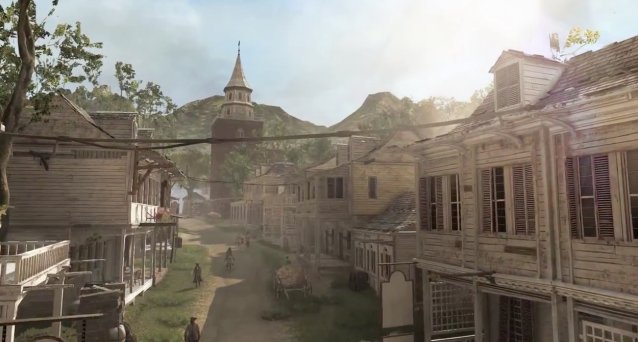
9 out of 10
Pros:
Beautiful, dynamic, and immersive environment
Thoughtful and humanizing story
Excellent naval controls and navigation
Exciting and strategic combat
Sea turtles
Cons:
Some minor graphical glitches in shadows
Some repetitiveness in the collecting items
Small inconsistencies in the order of the plot
A copy of the game was provided by the publisher for the purpose of this review.
Katy Goodman is a freelance writer and graduate student. When she isn’t busy training birds of prey or freshman composition students, she can be found playing video games or bothering her neighbors by playing guitar. She also really likes chocolate milk. Follow her on Twitter @InvizzyB or on her blog, Pixel Hearts.
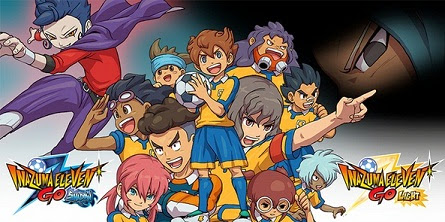
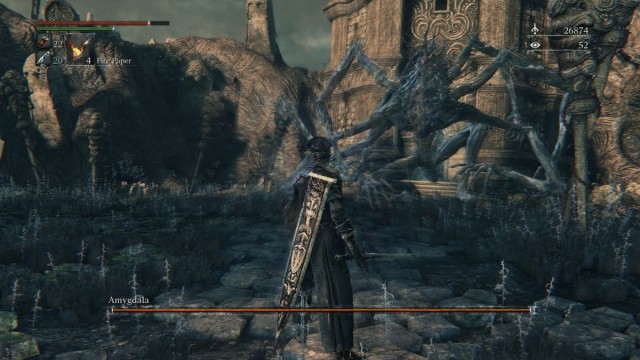

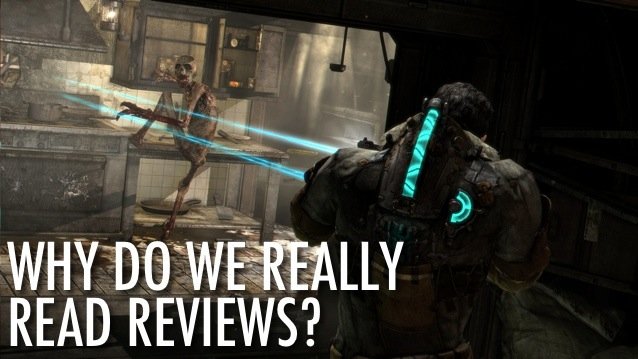
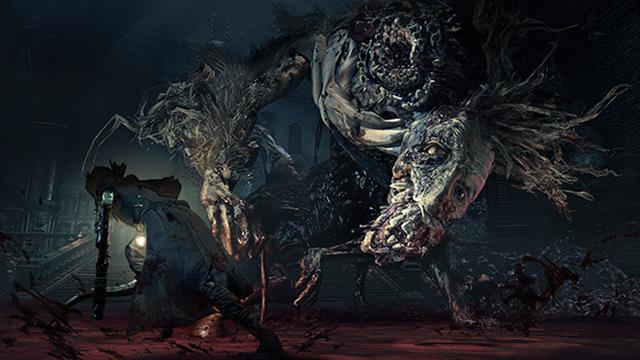 How to Get The Holy Moonlight Sword in Bloodborne: The Old Hunters Guide
How to Get The Holy Moonlight Sword in Bloodborne: The Old Hunters Guide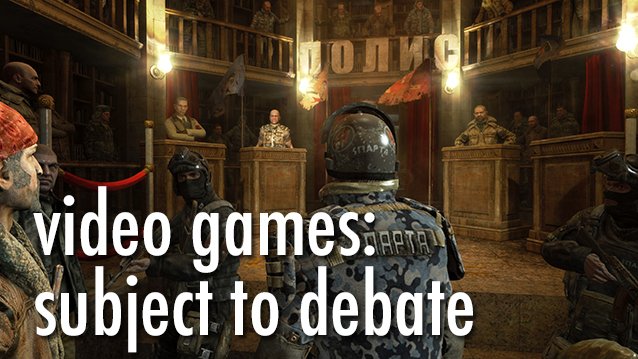 Video Games: Subject to Debate
Video Games: Subject to Debate 5 Sites to Download Ringtones That Don't Suck
5 Sites to Download Ringtones That Don't Suck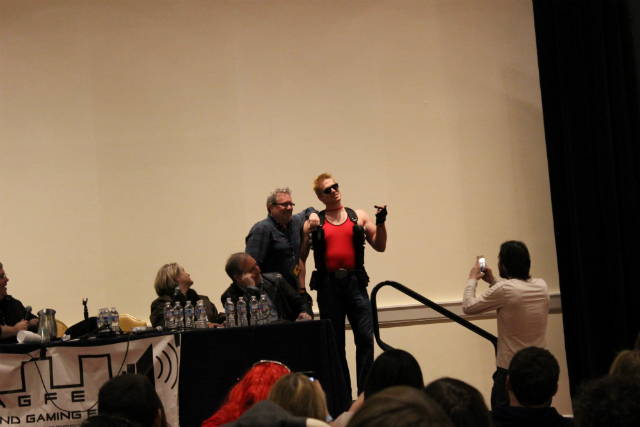 MakeUseOf Hits Classic Game Convention MAGFest 12 With Video
MakeUseOf Hits Classic Game Convention MAGFest 12 With Video Shadow Realms Wiki – Everything you need to know about the game .
Shadow Realms Wiki – Everything you need to know about the game .